Mozambique: Beekeeping project launched in Mágoè - AIM
ProSavana, the “stone in the shoe” that Filipe Nyusi takes to Japan
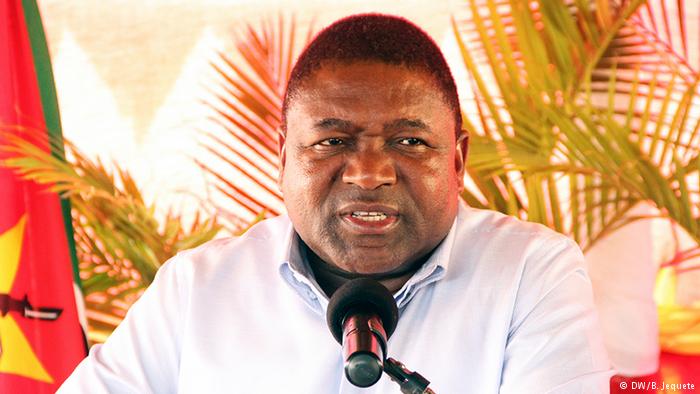
DW (File photo) / Filipe Nyusi, president of Mozambique
The President of Mozambique, currently visiting Japan, carries among the other things in his luggage “a headache”: ProSavana. Maputo has spared no effort to implement the agricultural project, and civil society spares none to stop it.
Default
Filipe Nyusi, President of Mozambique
Filipe Nyusi is traveling at the invitation of the Japanese prime minister, Shinzo Abe. The four-day official visit aims at strengthening relations of friendship and cooperation between Mozambique and Japan, according to the Mozambican presidency. President Nyusi is accompanied by several ministers and vice ministers. New partnerships in several areas are on the cards, with emphasis on the gas sector.
Meanwhile, there is the ProSavana agricultural project, which involves Japan and Brazil and provides for the development of industrialized agriculture on 700,000 hectares of land, mainly in northern Mozambique. But the project has caused much controversy in Mozambique. Among other things, it is allegedly harming the environment and pushing small yielders onto marginal lands.
DW Africa talked about expectations about ProSavana as part of Nyusi’s visit with the Coordinator of the Academic Action for the Development of Rural Communities (ADECRU) and member of the No to ProSavana Campaign, Jeremias Vunjanhe.
DW Africa: President Filipe Nyusi is visiting Japan at a time when the status of the ProSavana project, also financed by Japan, is unclear. Are you expecting this visit to give the project new direction?
Jeremias Vunjanhe (JV): In principle, yes, from what is the official position. The visit comes after the Mozambican government sent two delegations: the first one, led by the deputy minister of agriculture, last year, and the second earlier this year led by the deputy minister of foreign affairs. This means that all the failed attempts to unblock financing for the advancement of ProSavana, especially in its master plan component, are believed to happen at the moment of the president’s visit which will, among other things, obviously address the issues of ProSavana, Misui, the probable entry into gas production in the Rovuma Basin and the Nacala Corridor strategic development project, which has been seen as a major economic driver, especially in that region.

DW Africa: This is a state visit, where the president is accompanied by several ministers and vice ministers. There is no mention in the press of civil society representatives involved in ProSavana in their entourage. Can the absence of such a voice in the dialogue and in reaching agreements be even worse for the country?
JV: This civil society exclusion is a reflection of what has happened in Mozambique. I believe that the government of Mozambique has been consistent with its own strategy of not wanting to talk to organizations and citizens who do not take their own position. I think that on this trip to Japan there may be some members of the Nacala Corridor Civil Society Coordination Mechanism. But if it is confirmed that there is no member of civil society linked to the Campaign No to ProSavana, then it means that the government insists on maintaining its strategy of not having an internal dialogue but at the same time trying to pass off a [good] Image at the international level.
DW Africa: In challenges to ProSavana, two factions or wings have emerged, which you have mentioned before: the Nacala Corridor Civil Society Coordination Mechanism and the No to ProSavana Campaign. Does the lack of a single position on the part of Mozambican civil society undermine the fight against ProSavana?
JV: In principle, I do not think so. And I do not think it’s a faction, I think it’s a process of enticing and co-opting a part of the civil society organizations that were part of the Campaign No to ProSavana. That is to say, proponents of ProSavana – Brazil, Mozambique and, above all, Japan, through the International Agency for International Cooperation – managed to co-opt a significant part of the organizations that were part of the Campaign No to ProSavana, headquartered in the Nacala Corridor, providing financial resources and even hiring civil society organizations so that these organizations direct the entire ProSavana outreach component of master plan discussion in the communities.


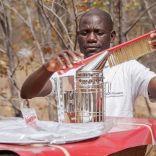
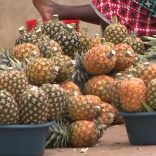
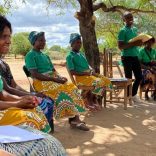
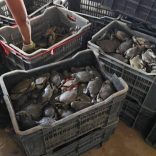






Leave a Reply
Be the First to Comment!
You must be logged in to post a comment.
You must be logged in to post a comment.